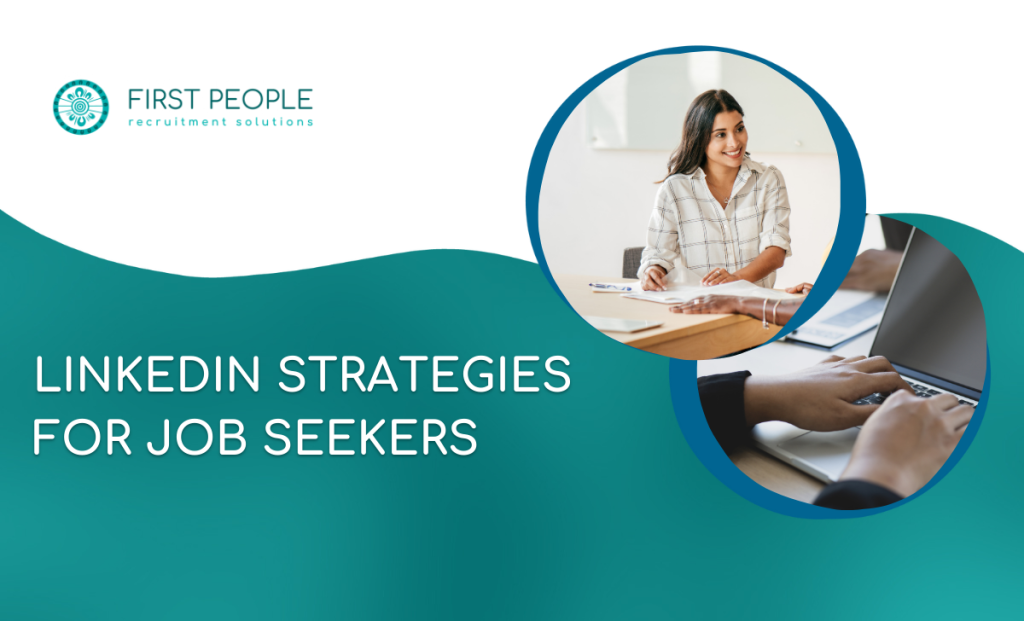There’s no better feeling than nailing a job interview and being offered a new position. It feels like all your hard work has finally paid off and you are stepping into the next stage of life. Those long hours spent studying and finishing assignments were all worth it to finally graduate and step into your new career.
After an interview process or two, it may feel like the right thing to do to accept a job offer as soon as it is extended. While accepting your first graduate job offer might be tempting, you must take the time to evaluate the offer thoroughly.
We’re in a market that favours candidates right now, with the Australian Bureau of Statistics showing the current unemployment rate at 3.9%. For the first time in a long time, there are more jobs available than there are jobseekers and that means that you have choices and there’s no need to rush your decision.
So, before you jump ahead of yourself and say a resounding ‘yes’ to a new position, we’ve put together the top tips you need to assess a job offer carefully.
Decide What Matters Most to You
What one person considers an excellent job offer may not be the right fit for someone else – even if they graduated with the same degree and a similar range of knowledge and skills.
When assessing graduate offers, it’s a great idea to develop personalised criteria for your ideal job. Some aspects to consider could include salary, how well the job fits your skills and interests, prospects for progression, training and development opportunities, organisational culture and leadership, location and benefits.
Next, weigh up how important each of these elements is to you personally and then look at how the potential job aligns with these priorities. Make sure to note down any deal-breakers or factors that would make a position a bad fit. For example, the hours don’t fit with hobby commitments, the commute is too far or the boss isn’t someone you would want to work with.
Remember, if a job offer doesn’t align with what you need there is no obligation on you to accept it.
Consider Career Progression Opportunities
Your graduate job is the first stepping stone into the rest of your career. It represents a significant transition; the end of your time as a student and the beginning of your working career. It’s a time of excitement and hope for the future ahead.
As you assess a job offer, consider future pathways for advancement at your prospective employer. Ideally, you would have asked questions about the potential for progress during your interview. Do common promotions and career paths develop from your proposed new role?
It can be helpful to speak with staff within the organisation who have advanced to higher positions or to ask your interviewers about pathways. Wherever possible, ask for specific examples or data, like percentages of employees who have been promoted in the past.
Alongside advancement investigate opportunities for training and professional development. Is training formal or on the job? Can you receive an allowance to take outside courses or seminars?
If it’s important to you that you work in a setting where you are allowed to grow, learn new skills and face new challenges, it makes sense to put this high on your priority list.
Understand the Role and Expectations
Before accepting a job offer, ensure you understand what you will be doing in your new role. Requesting the job description is a great place to start as the organisation may have already prepared a document outlining the role’s responsibilities and expectations.
Don’t be afraid to ask questions for clarification. Some common questions you might ask could include:
- What does a day-in-the-life of this role look like?
- Does the role often involve working late or long hours? And if yes, are there opportunities for overtime or days-in-lieu?
- Is this role completely office-based or are there opportunities to work remotely?
- What are the most challenging aspects of the role?
- What skills are most important for carrying out this role?
- What percentage of time do you spend on each of the responsibilities?
If you still don’t have the clarity you need about the job, continue asking questions or request the opportunity to shadow an employee for a couple of days.
Research Market Salaries
When considering a salary, the most important question is “Does the pay match what I’m worth?”.
If this is your first graduate job offer, you may not have much knowledge or experience regarding the common salary prospects for the role, area and industry. So how do you know if your potential employer is offering a reasonable salary?
The best advice we can give you is to talk to a graduate recruitment agency or consult online salary resources. The First People Recruitment Solutions team has plenty of industry knowledge and expertise in advising graduates through the job acceptance process.
It’s also worthwhile enquiring with a prospective employer about your salary’s future growth potential. Requesting information about the timing of reviews, average salary increases and salary ranges for next-level positions can help answer these burning questions!
Weigh Up Non-Salary Compensation
Some jobs may offer better salaries while others may offer better benefits. Perks such as health insurance or even shares within the company may mean more to you than the actual base salary.
There may also be non-monetary perks that are worth considering. For example, some organisations may offer remote working opportunities or they might offer flexible working hours. Some may even embrace a four-day working week.
If you don’t clearly understand the benefits and perks offered in your role, make sure you ask! Perks can end up being just as important as the salary package for the right role.
Observe the Company’s Culture
Another crucial factor to consider is whether you buy into the company culture of your potential new employers.
Ask yourself questions like:
- Do I share the vision of the organisation?
- Do their values align with mine?
- Do the employees seem to enjoy working there?
- What initiatives does the company promote to build staff morale and create a positive culture?
If a collaborative office space where the team gathers for social clubs, lunches and teambuilding exercises is important to you, consider how your potential employer measures up as you evaluate job offers. Bear in mind that company culture can be very industry-dependent.
Summary
So you’ve completed your assessment – great news! You’ve either decided to accept the job or continue searching for your dream graduate role.
If you’re accepting the job, congratulations!
And if you’ve decided to decline, don’t stress. If you’ve evaluated all the factors and decided the negatives outweigh the positives, you shouldn’t be afraid to turn the role down.
Saying no to your first graduate job offer can seem a bit daunting – but remember that you must find a job that’s the right fit for you. Finding the right job can take some time but securing a role you truly enjoy as you venture into your career is worth it.
If you need support finding a role, contact our team at First People Recruitment Solutions. As a non-Indigenous and Indigenous recruitment agency working across Australia, our team understands how challenging it can be to find the right graduate role when beginning your career. We’d love to help guide you through the process – reach out to us today.



